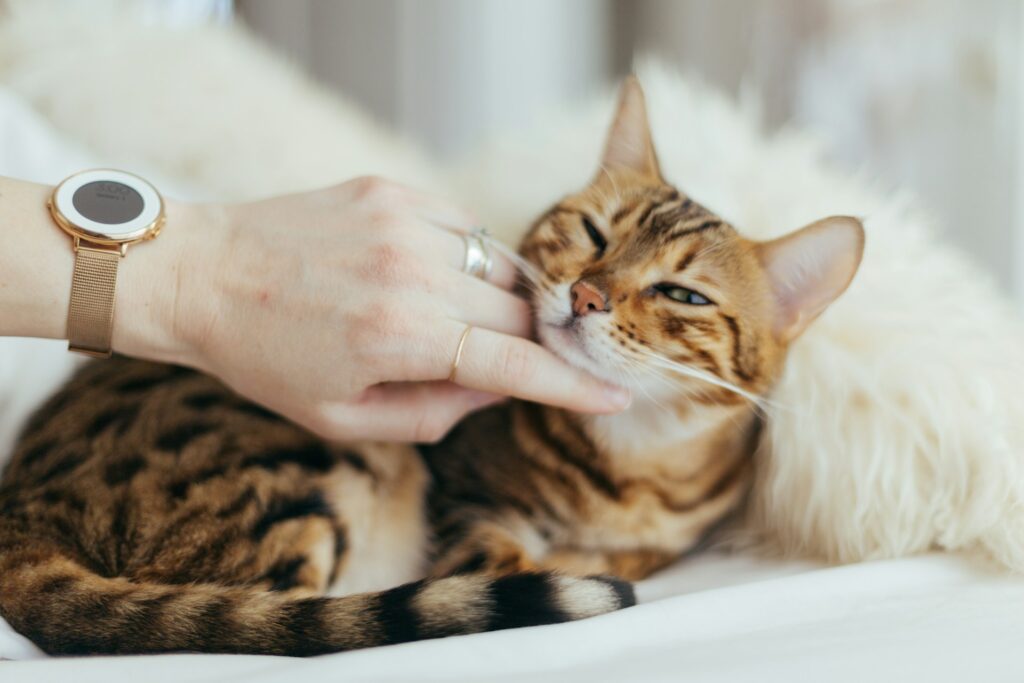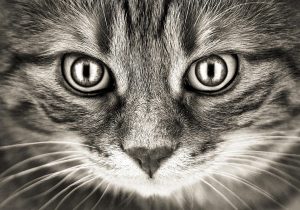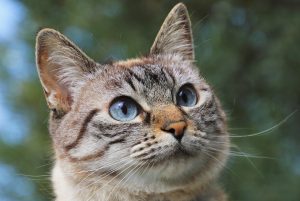
As our beloved feline companions age, they require special attention and care to ensure their health and happiness. Just like humans, cats experience various changes as they grow older, and it’s up to us, their caretakers, to adapt to their evolving needs. In this comprehensive guide, we will explore essential tips for nurturing your aging cat, helping them lead a fulfilling and comfortable life.
Understanding the Aging Process in Cats
Aging is a natural part of life, and as cats grow older, their bodies and behaviors change. Understanding these changes is crucial for providing the best care possible. Typically, cats are considered seniors at around 7-10 years of age, but this can vary depending on breed and individual health.
Physical Changes
Older cats may experience a decline in their physical condition. You might notice weight loss or gain, reduced mobility, or changes in coat quality. These changes can be attributed to a slower metabolism, joint issues, and decreased muscle mass.
Behavioral Changes
Aging cats may also exhibit alterations in behavior, such as increased vocalization, changes in litter box habits, or altered sleep patterns. These changes can result from cognitive decline, pain, or simply the need for more attention and comfort.
Regular Veterinary Check-ups
One of the most critical aspects of caring for an aging cat is ensuring they receive regular veterinary check-ups. Older cats are more susceptible to health issues such as kidney disease, diabetes, and hyperthyroidism. Early detection and treatment can significantly improve their quality of life.
Annual or Biannual Exams
Schedule annual or biannual veterinary visits for your senior cat. These exams should include blood tests, dental assessments, and weight monitoring to catch any potential health problems early.
Vaccinations and Parasite Control
Ensure your aging cat is up-to-date with vaccinations and parasite control. While older cats may not require as many vaccinations as younger ones, they still need protection against certain diseases.
Nutrition and Diet
A balanced diet is essential for maintaining your aging cat’s health. As cats age, their nutritional needs change, and it’s crucial to provide them with the right nutrients to support their well-being.
Specialized Senior Cat Food
Consider switching to a specially formulated senior cat food. These diets are designed to meet the unique nutritional requirements of older cats, including lower calorie content, higher protein levels, and added joint support supplements.
Monitoring Weight
Regularly monitor your cat’s weight to prevent obesity or unhealthy weight loss. Adjust their diet accordingly and consult your veterinarian if you notice any significant changes.
Maintaining Dental Health
Dental health is often overlooked, but it plays a vital role in your cat’s overall well-being. Dental problems can lead to pain, infection, and even systemic issues in older cats.
Regular Teeth Cleaning
Brush your cat’s teeth regularly to prevent plaque buildup and dental disease. If your cat is not accustomed to teeth brushing, consult your veterinarian for alternative dental care options.
Dental Check-ups
Schedule regular dental check-ups with your veterinarian to address any dental issues promptly. Professional cleanings may be necessary to maintain your aging cat’s oral health.
Comfortable Living Environment
Creating a comfortable and safe living environment is essential for your aging cat’s well-being. As they become less agile, certain adjustments can make their daily life easier.
Accessible Litter Box
Ensure the litter box is easily accessible for your senior cat. Consider using a low-sided box and placing it in a quiet, easily reachable location.
Comfortable Bedding
Provide soft, warm bedding for your aging cat to rest comfortably. Consider heated beds or pads to soothe their joints, especially during colder months.
Exercise and Mental Stimulation
While older cats may not be as active as they once were, regular exercise and mental stimulation remain crucial for their physical and mental health.
Gentle Playtime
Engage your aging cat in gentle play sessions to keep them active and maintain their muscle tone. Use toys that encourage movement but don’t overexert them.
Interactive Toys and Puzzles
Provide interactive toys and puzzle feeders to stimulate your cat’s mind. Mental stimulation can help prevent cognitive decline and keep your cat engaged.
Monitoring for Health Concerns
Be vigilant for signs of health issues in your aging cat. Early detection can make a significant difference in managing potential problems.
Common Health Issues
Watch for symptoms of common health problems in senior cats, such as increased thirst, urination changes, weight loss, vomiting, or diarrhea. These could indicate underlying medical conditions that require attention.
Behavioral Changes
Note any significant changes in your cat’s behavior, such as increased aggression, withdrawal, or altered sleep patterns. These could be signs of pain or discomfort.
Providing Emotional Support
As cats age, they may become more reliant on their human companions for emotional support and companionship. Providing a loving and nurturing environment is essential for their happiness.
Spending Quality Time
Spend quality time with your aging cat, offering affection and attention. Whether it’s gentle petting, grooming, or simply being present, your companionship can provide comfort.
Recognizing Stressors
Identify and minimize stressors in your cat’s environment. Changes in routine, new pets, or loud noises can be unsettling for senior cats. Create a calm and stable atmosphere for their well-being.
Conclusion
Caring for an aging feline companion requires patience, understanding, and dedication. By staying informed about their changing needs and providing appropriate care, you can ensure your senior cat enjoys a healthy, happy, and fulfilling life. Remember, your aging cat has shared many years of love and companionship with you, and they deserve the best care as they enter their golden years.
#ChatGPT assisted in the creation of this article.







